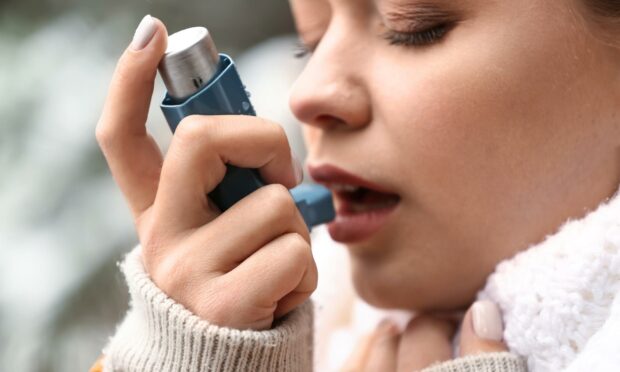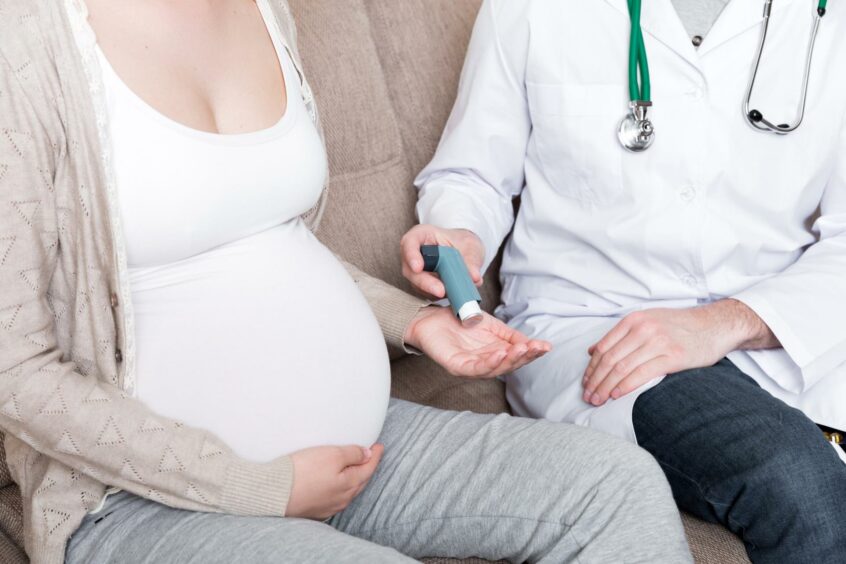In the last five years, more than twice as many Scottish women have died from asthma attacks than men – with female hormones thought to be a factor.
Fluctuations of their levels in the body can cause symptoms to flare-up or trigger asthma attacks, something many people are unaware of.
This can be during puberty or periods, as well as pregnancy and peri-menopause.
Now charity Asthma + Lung UK is calling for help to find a better way forward.
How are women more affected by asthma than men?
Since 2016, more than two-thirds of asthma deaths in the UK have been women – with 5,100 losing their lives compared to 2,300 men.
In Scotland over the same period, 407 women and 177 men have died.
As children, asthma is much more prevalent and severe in boys. But this trend reverses when the youngsters begin to hit puberty.
Case rates are roughly the same for teenage boys and girls then, in the 20-49 age group, they grow nearly three times higher in women than men.
Why do hormones have this effect on asthma?
Unfortunately, there are large “gaps” in knowledge and research when it comes to fully understanding the link between asthma and female hormones.
Patients keeping diaries have noticed connections between their periods and worsening symptoms.
And some have also found the likes of hormonal contraception helping to ease their asthma.
As a result, Asthma + Lung UK says the current one-size-fits-all approach to managing the condition is “failing” women.
It wants investment in specific research which could unlock new treatments or make better use of existing ones to specifically target women’s health.
Chief executive Sarah Woolnough said: “When it comes to research funding, women with asthma have drawn the short straw.
“Gaps in our knowledge are failing women, leaving them struggling with debilitating asthma symptoms, stuck in a cycle of being in and out of hospital and in some cases, losing their lives.
“By understanding the role of sex hormones in asthma, we could transform the lives of the three million women with the condition in the UK and the many millions of women with asthma across the world.”


